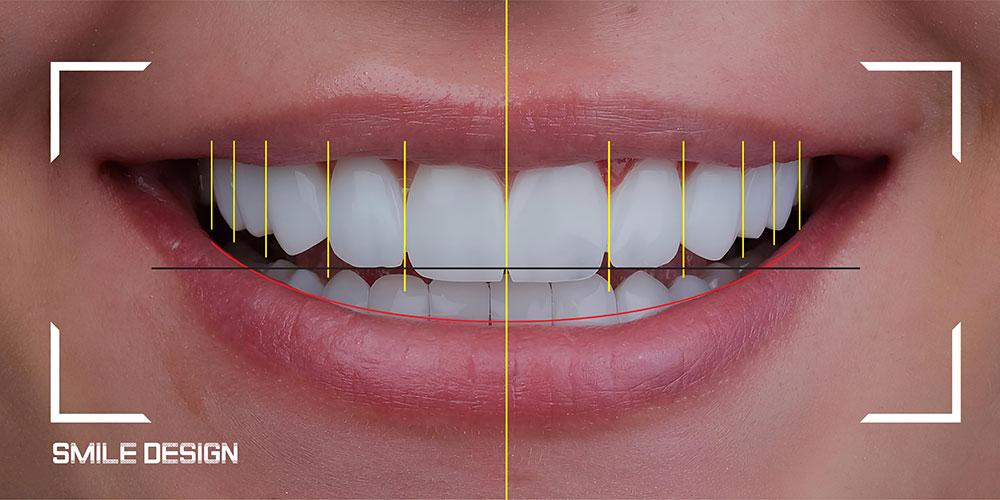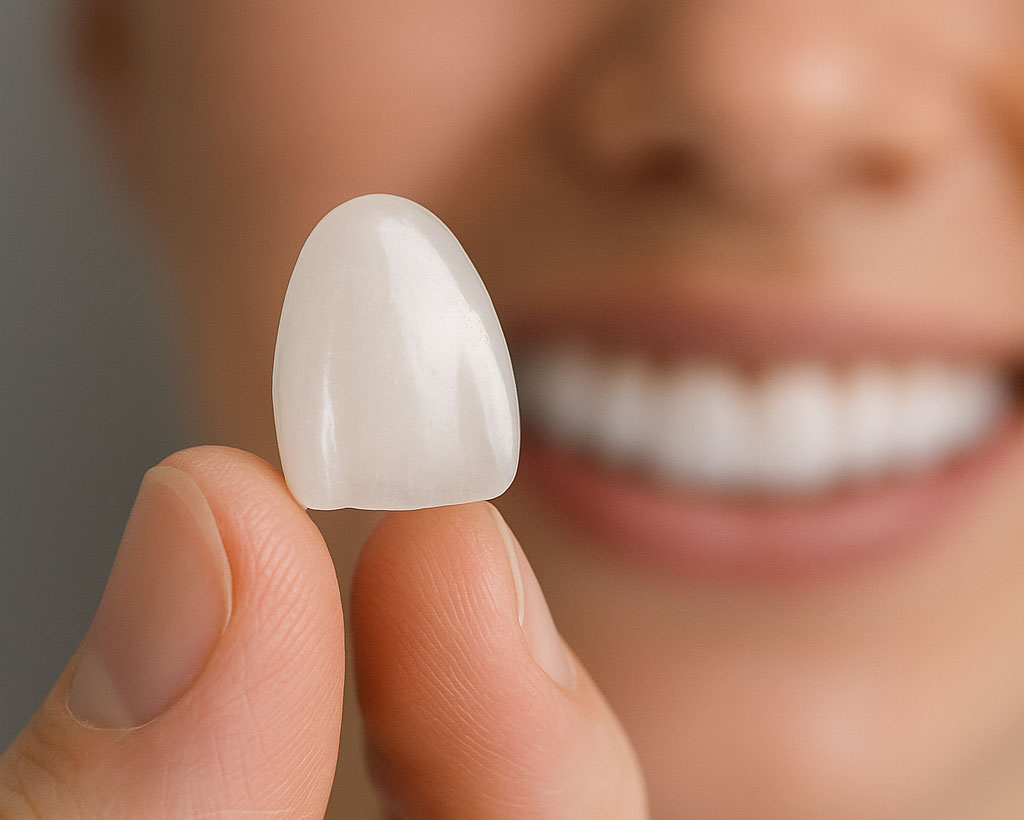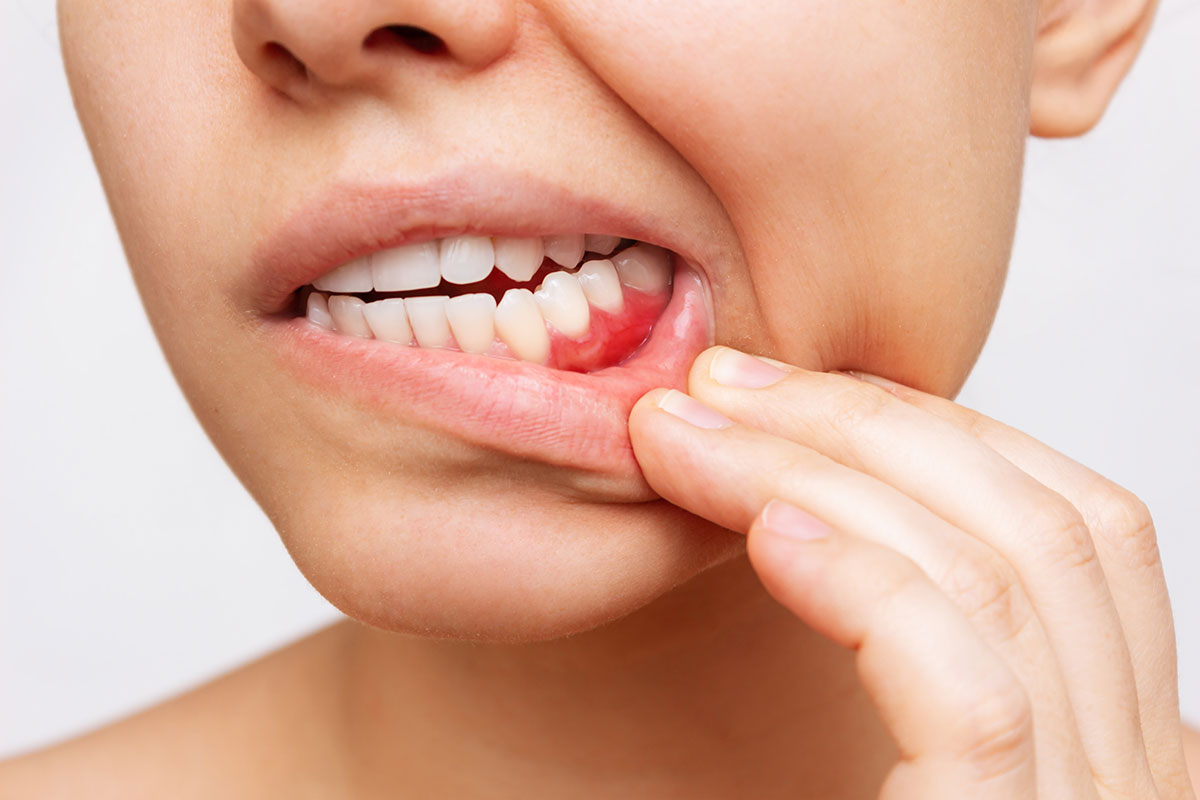Gum sensitivity is one of the most common oral health problems affecting the quality of daily life. It manifests itself with symptoms such as cold or hot foods and drinks, bleeding during tooth brushing, tingling or aching gums. Although many people do not pay attention to this condition, gum sensitivity may develop in the future. gum recession, tooth loss and periodontal diseases can lead to serious problems.
In this article, we will discuss in detail the causes, symptoms, treatment methods and precautions that can be taken for gum sensitivity.
🔍 What is Gum Sensitivity?
Gum sensitivity is a condition in which the gums become more sensitive than normal to external factors. It is usually thinning of the gum tissue, inflammation or gum recession as a result of exposure of the tooth roots. This exposes the nerve endings to the external environment and causes pain, aching or discomfort.
Tenderness is most often felt in contact with hot, cold, sweet or acidic foods. However, in advanced cases, even air contact can cause pain.
⚠️ Causes of Gum Sensitivity
Gum sensitivity can have many different causes. The most common factors are the following:
1. Wrong Tooth Brushing Technique
Brushing the teeth hard or using hard-bristled toothbrushes damages the gum tissue. Over time, gum recession occurs and tooth roots are exposed.
2. Tartar and Plaque Accumulation
Without regular teeth cleaning, bacteria form plaque on the tooth surface. This plaque turns into tartar over time and inflammation of the gums (gingivitis) begins. Inflamed gums bleed easily and become sensitive.
3. Gum Diseases
Diseases such as gingivitis and periodontitis weaken the gum tissue. This not only increases sensitivity, but also predisposes to gum recession and tooth loss.
4. Tooth Grinding (Bruxism)
Squeezing the teeth during sleep at night puts pressure on the tooth enamel and gums. Over time, this causes tension and sensitivity in the gums.
5. Hormonal Changes
Increased hormone levels during pregnancy, puberty or menopause can lead to more sensitive gums.
6. Improper Nutrition and Vitamin Deficiencies
Vitamin C deficiency directly affects gum health. Inadequate vitamin intake increases the risk of bleeding and sensitivity in the gums.
7. Acidic Foods and Drinks
Excessive consumption of lemon, carbonated drinks, pickles or vinegar erodes tooth enamel. This causes the gum tissue to weaken.
🧩 Symptoms of Gum Sensitivity
Gum sensitivity usually manifests itself with the following symptoms:
- When brushing or flossing your teeth bleeding
- In cold or hot food sudden tingling
- In the gums Redness, swelling or Inflammation
- Gums withdrawal and teeth look long
- In the mouth bad odor (halitosis)
- After brushing pain or burning sensation
If you have one or more of these symptoms, you should see a dentist. Early intervention can prevent both sensitivity and possible gum diseases.
🦷 How to Treat Gum Sensitivity?
Treatment is planned according to the root cause of the problem. Below you will find the most common treatment methods:
1. Professional Tartar Removal
Scaling performed by a dentist allows the gums to breathe. This reduces inflammation and alleviates sensitivity.
2. Desensitizing Toothpastes
Toothpastes containing fluoride and potassium nitrate reduce sensitivity by protecting nerve endings. With regular use, a noticeable improvement is observed within 2-3 weeks.
3. Fluoride Therapy
Fluoride applications that strengthen tooth enamel both prevent cavities and help reduce sensitivity.
4. Gingival Surgery (Gingival Graft)
In advanced gum recession, a surgical graft can be applied to cover the tooth root. With this method, the gum tissue is strengthened again.
5. Bruxism Treatment
For people who have the habit of clenching their teeth at night, special night plates (splints) are prepared by the dentist. This reduces both enamel wear and gum pressure.
6. Balanced Nutrition and Vitamin Supplementation
A diet rich in vitamin C, vitamin D and calcium supports gum health. If necessary, supplements can be taken under the supervision of a physician.
🌿 What is Good for Gum Sensitivity at Home?
People with gum sensitivity can find relief with some simple methods at home. However, these methods are temporary solutions and do not replace a dental check-up.
- Salt water mouthwash: Adding a teaspoon of salt to warm water and gargling reduces inflammation.
- Aloe vera gel: It has natural antibacterial properties and can be applied gently to the gums.
- Carbonated mouthwash: Regulates the pH balance in the mouth.
- Cold compress: Provides short-term relief in areas with gum swelling or pain.
- Soft bristle toothbrush: Provides effective cleaning without damaging the gums.
🛡️ Ways to Prevent Gum Sensitivity
- Your teeth brush gently with a soft bristled brush twice a day.
- Dental floss to clean between your teeth.
- Regular dental check-ups Do not neglect (every 6 months).
- Avoid acidic and sugary foods.
- Do not smoke or use tobacco products.
- Drink plenty of water during the day to prevent dry mouth.
- Consult your dentist if you have the habit of clenching your teeth at night.
💬 Healthy Gums are the Foundation of Healthy Smiles
Although gum sensitivity often seems like a minor discomfort, it can have serious underlying causes. When the gums are not properly cared for, problems progressing up to tooth loss can occur.
It is possible to prevent gum sensitivity with early diagnosis, correct brushing habits and regular dental check-ups. A healthy smile starts with healthy gums.





